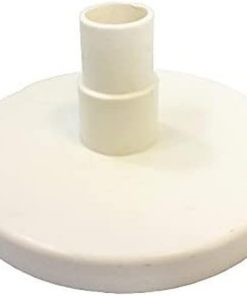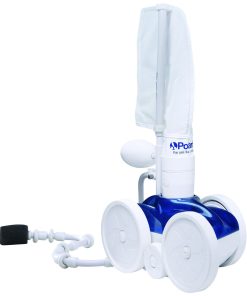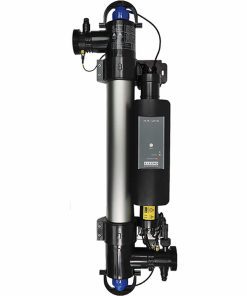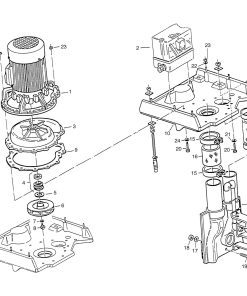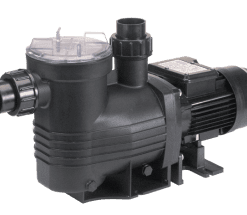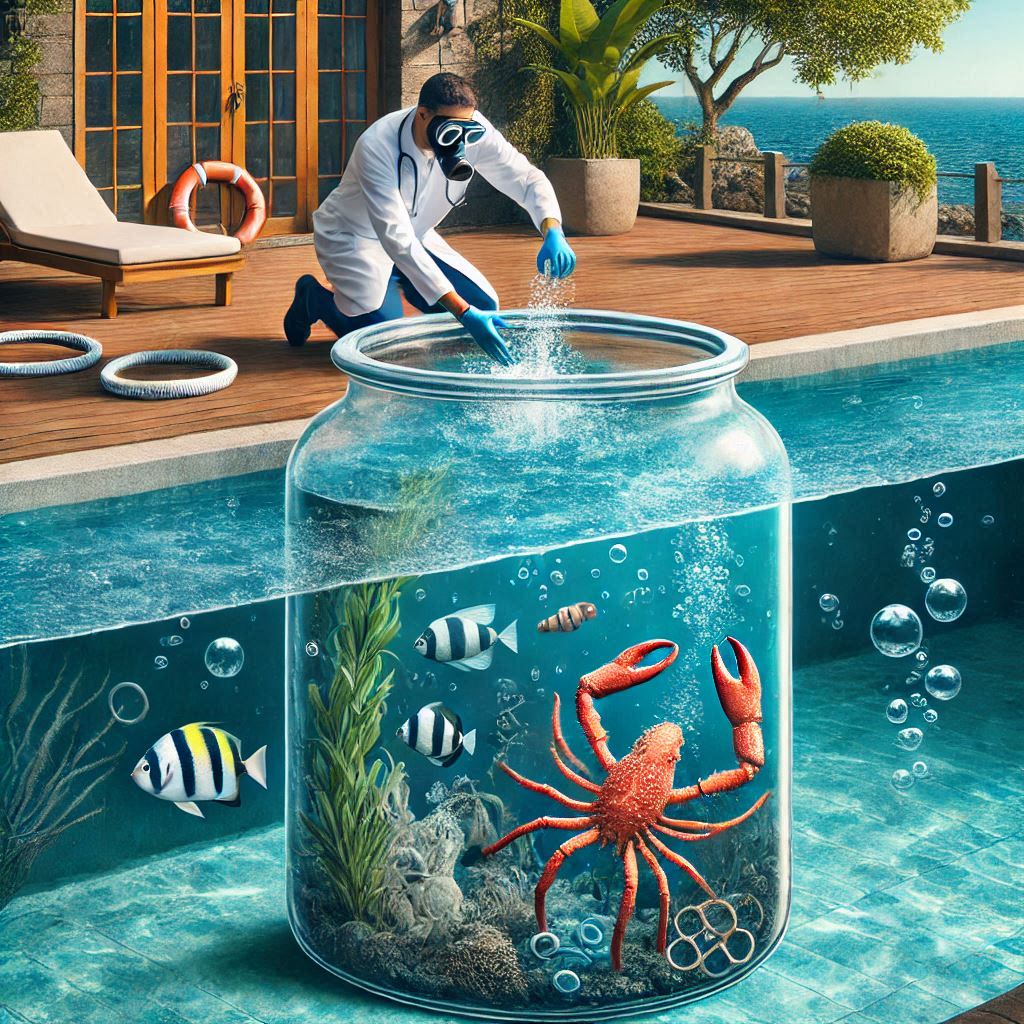Hottub, Swimming Pool
The Role of Filtration in Maintaining Safe Spa Pools
The Role of Filtration in Maintaining Safe Spa Pools
Spa pool maintenance relies heavily on filtration systems to achieve safe and clear water conditions. Spa pools will rapidly develop bacterial infestations including Legionella and Pseudomonas when filtration systems are not properly maintained. This article examines filtration operations together with essential information for maintaining spa pool safety.
Why Is Filtration Important?
The combination of large bather numbers with limited water capacity in spa pools creates conditions for substantial accumulation of organic and inorganic substances. Filtration systems eliminate water contaminants which maintains both water transparency and safety standards.
Types of Filters for Spa Pools
Sand Filters: These systems trap debris using graded sand or glass to function best in environments with high bather loads.
Cartridge Filters: These filters are designed for domestic pool use when the pool receives low usage.
Pre-coat Filters: The filtration process uses materials like diatomaceous earth to achieve fine filtration.
Best Practices for Filtration
To maintain effective filtration:
Regular backwashing of sand filters maintains their filter medium cleanliness.
Follow the manufacturer’s guidelines to replace cartridge filters.
Regular maintenance requires inspection and cleaning of all filtration components.
FAQs About Filtration
Q: How often should filters be cleaned?
A: Daily backwashing of sand filters is necessary in commercial pool operations. The cleaning of cartridge filters needs to happen after every water change operation.
Q: Can a dirty filter affect water quality?
A: Yes. A filter that is clogged or dirty will decrease efficiency which results in poor water clarity and elevated microbial risks.
Keep Your Spa Pool Running Smoothly
The safety and enjoyment of spa pool users depends on proper filtration systems. Regular maintenance combined with proper usage leads to optimal performance and user satisfaction.


